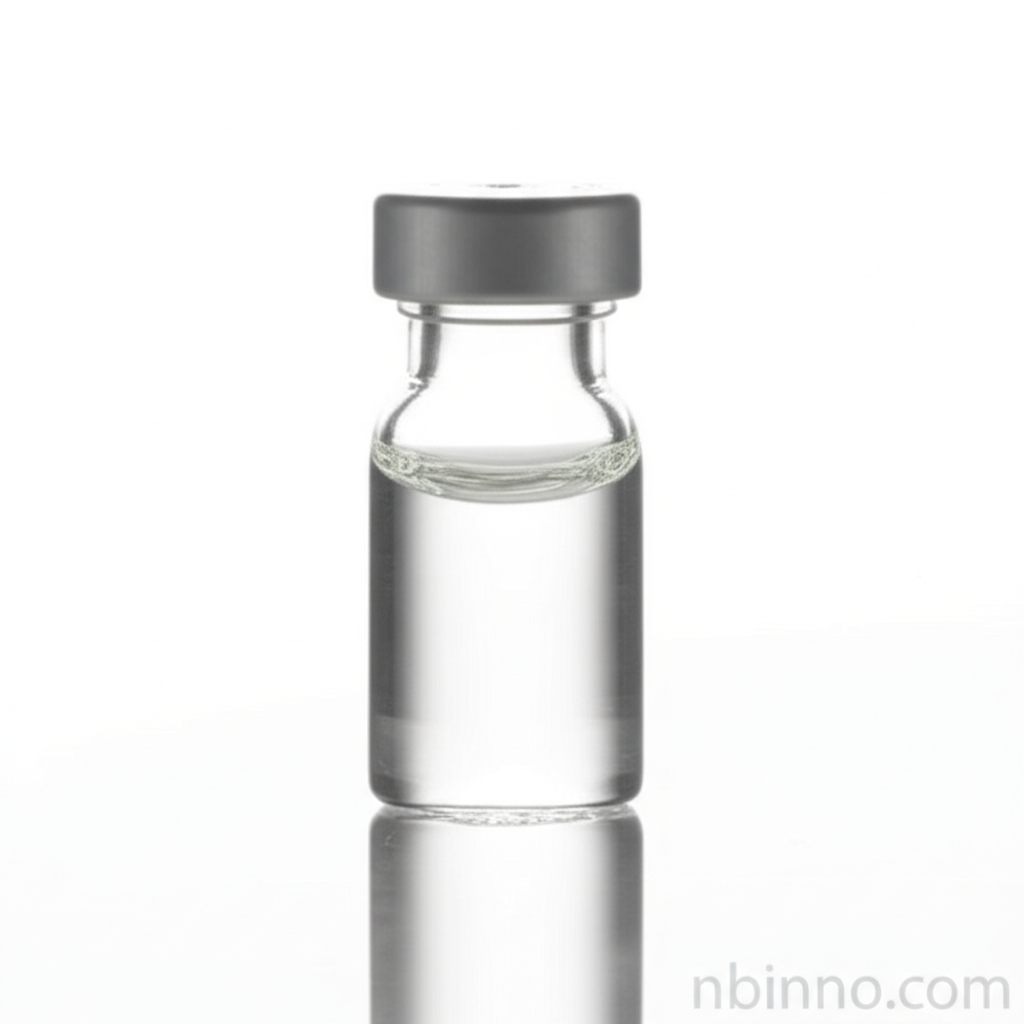Bis(trimethylsilyl) but-2-ynedioate: A Versatile Organosilicon Intermediate for Advanced Organic Synthesis
Unlock complex molecular architectures with this key organosilicon building block.
Get a Quote & SampleProduct Core Value

Bis(trimethylsilyl) but-2-ynedioate
Bis(trimethylsilyl) but-2-ynedioate (CAS 76734-92-4) is a highly valued organosilicon compound renowned for its utility as a synthetic intermediate. Its structure, featuring two trimethylsilyl groups attached to an acetylenedicarboxylate backbone, imparts significant electrophilicity and reactivity. This makes it an exceptional reagent for a wide array of organic transformations, enabling chemists to construct intricate molecular structures with precision and efficiency.
- As a valuable precursor for the synthesis of various functionalized alkynes, its trimethylsilyl (TMS) groups can be readily removed using specific reagents, allowing for further modification of the alkyne moiety, a key aspect when exploring advanced alkyne functionalization.
- The compound can participate in cycloaddition reactions with various dienophiles, leading to the formation of cyclic compounds, offering a versatile route for constructing complex ring systems, a significant benefit in organosilicon chemistry for synthesis.
- It serves as a versatile reagent for constructing complex organic molecules due to its electrophilic nature, making it a staple among chemical building blocks for materials science.
- Bis(trimethylsilyl) but-2-ynedioate's ability to undergo Michael additions and cross-addition reactions further enhances its utility as an organometallic synthesis intermediate.
Key Advantages
Enhanced Reactivity
The presence of trimethylsilyl groups significantly enhances the compound's electrophilicity, making it a highly reactive species ideal for various fine chemical synthesis applications.
Synthetic Versatility
Its participation in diverse reaction types, including cycloadditions and Michael additions, provides chemists with exceptional flexibility in molecular design and synthesis.
Mild TMS Group Cleavage
The ease with which the trimethylsilyl groups can be removed offers a convenient pathway for further functionalization, supporting advanced alkyne functionalization strategies.
Key Applications
Organic Synthesis
Utilized as a key reagent for creating complex molecular architectures through various addition and cycloaddition reactions, supporting fine chemical synthesis applications.
Material Science
Serves as a molecular precursor for the synthesis of organic-inorganic hybrid materials, contributing to advancements in optoelectronics and sensors as a chemical building block for materials science.
Chemical Intermediate
Its distinct reactivity profile makes it an indispensable organosilicon intermediate for synthesis, facilitating the development of novel chemical entities.
Alkynylation Reactions
A valuable reagent for introducing functionalized alkyne units into organic frameworks, supporting advanced alkyne functionalization research.
